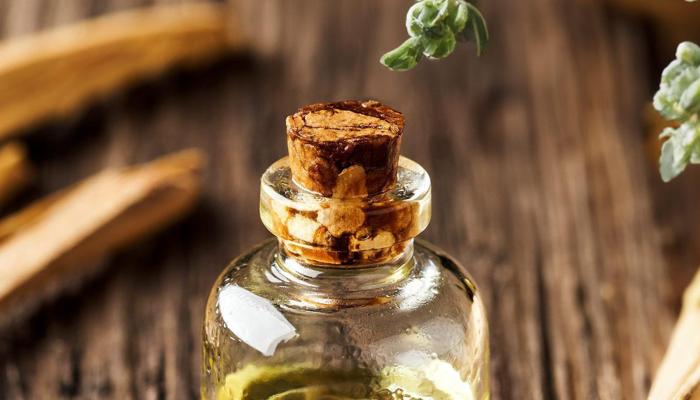Uncover Ancient Wisdom: Herbal Medicine's Role in Modern Health. Dive into the rich history of herbal remedies
In a world increasingly reliant on pharmaceutical drugs, there’s a growing interest in exploring
the age-old wisdom of herbal medicine. From your Dadi’s haldi doodh to the local Vaidya’s special concoctions, India has a rich legacy of using plants for healing.
This article delves into the fascinating history of herbal remedies and explores how these ancient practices are finding relevance in modern healthcare.
Herbal medicine: ancient plant remedies in Indian culture
Herbal medicine, in simple words, is the use of plants for medicinal purposes. It’s not just about chewing on a tulsi leaf when you have a cough; it's a complex system of knowledge developed over centuries.
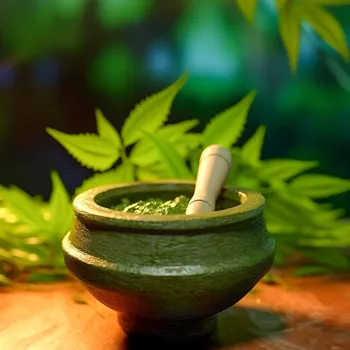
Think of the mighty Himalayas, teeming with rare herbs, or the lush forests of Kerala, where Ayurveda thrives. These are not just pretty landscapes; they are treasure troves of natural remedies passed down through generations.
For centuries, traditional healers and communities across India have relied on herbal medicine to address various health concerns, from common ailments to complex diseases.
Indian herbal medicine: roots in Ayurveda from ancient times
The roots of herbal medicine in India can be traced back to the Indus Valley Civilization, around 3000 BCE. Archaeological evidence suggests that people back then were already using plants for their medicinal properties.
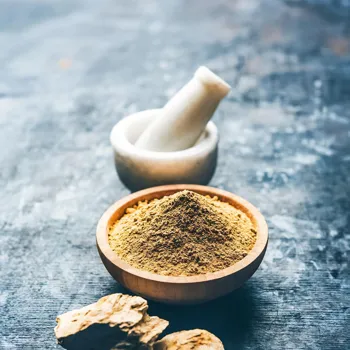
However, the real foundation of Indian herbal medicine lies in Ayurveda, the "science of life." Ayurveda, believed to be over 5000 years old, is a holistic healing system that emphasizes balance and harmony within the body.
The Charaka Samhita and Sushruta Samhita, ancient Ayurvedic texts, detail hundreds of herbs and their uses, along with elaborate methods for preparing medicines. These texts are not just historical documents; they are living guides that continue to inform Ayurvedic practice today.
Ayurveda and Siddha medicine use herbs to balance doshas for health
Ayurveda sees the body as a microcosm of the universe, and health is achieved when the three doshas – Vata, Pitta, and Kapha – are in equilibrium. Herbal remedies are used to restore this balance.
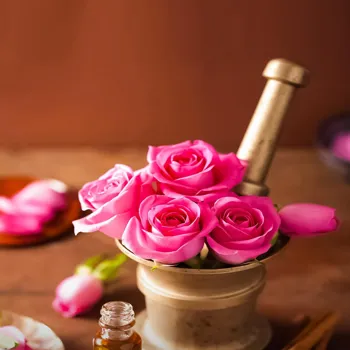
For example, ginger is often used to stimulate digestion (important for Kapha dosha) while aloe vera can soothe inflammation (beneficial for Pitta). Another ancient system of medicine which utilizes herbs is Siddha medicine, particularly popular in South India.
Similar to Ayurveda, Siddha medicine also emphasizes the importance of a healthy lifestyle and uses herbs, minerals, and animal products to treat diseases. The Siddha system is different, because it believes these elements can balance the body, mind and spirit..
Traditional herbal medicine worldwide emphasizes healing with plants
The use of herbal medicine isn't confined to India alone; Traditional Chinese Medicine (TCM), with its foundations laid thousands of years ago, also utilizes herbs extensively. TCM emphasizes the concept of Qi (pronounced "chi"), the vital energy that flows through the body.
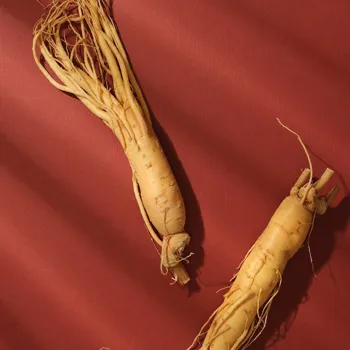
Herbal remedies are used to regulate and harmonize the flow of Qi, promoting overall health. The use of ginseng is a popular herb; it's good for energy, and it’s used in TCM.. Other traditional medicines around the world also utilize herbs; like European herbalism to African traditional medicine.
Each system has its own unique approach to diagnosis and treatment, but they all share a common belief in the healing power of plants.
Resurgence of herbal medicine in modern era
The rise of modern medicine in the 20th century led to a decline in the use of herbal remedies. Pharmaceutical drugs, with their quick fixes and seemingly miraculous cures, became the preferred choice for many.
However, the increasing awareness of the side effects of synthetic drugs, coupled with a growing interest in natural and holistic health practices, has fueled a resurgence of herbal medicine. People are now looking back to their roots, seeking alternative ways to manage their health and well-being.
Herbal medicine revival: exploring plant compounds for therapy
Today, herbal medicine is experiencing a revival, not just in India but globally. Researchers are now investigating the bioactive compounds found in traditional medicinal plants, seeking scientific validation for their therapeutic properties.
Many modern drugs are actually derived from plants; aspirin, for example, was originally derived from willow bark. The field of ethnopharmacology, which studies the traditional uses of plants in different cultures, is providing valuable insights into the potential of herbal medicine.
Approach herbal medicine cautiously, consult professionals, source ethically
However, it's important to approach herbal medicine with caution, rather than blind faith. Not all herbs are safe for everyone, and some can interact with pharmaceutical drugs.
It is always best to consult a qualified healthcare professional or a registered herbal practitioner before using herbal remedies, especially if you have any underlying health conditions or are taking other medications.
Also, the quality of herbal products can vary, so it's important to source them from reputable suppliers. The growing demand for herbal medicine has also led to concerns about overharvesting and the sustainability of certain plant species.
It's important to ensure that herbal products are sourced ethically and sustainably.
Herbal medicine combines tradition with science for health benefits
The future of herbal medicine lies in integrating traditional knowledge with modern scientific research.
By understanding the mechanisms of action of herbal remedies and conducting rigorous clinical trials, we can unlock their full potential and develop safe and effective treatments for a wide range of health conditions.
Herbal products aren’t always tested a lot; so it is important to read and understand.
As we continue to explore the ancient wisdom of herbal medicine, it's important to remember that these remedies are not just about treating symptoms; they are about promoting holistic well-being and restoring balance within the body.
Ayurveda: ancient Indian herbal medicine relevant today
Herbal medicine, the plants remedies is rich. India's tradition includes Ayurveda. Passed down wisdom, it is old tradition. This is relevant to a modern healthcare.
Ancient Ayurveda restores body balance with herbs safely
Ayurveda is older from 5000 years. It focuses balance of the body. It uses herbs to restore imbalances. It restores balance and gives treatment safely.
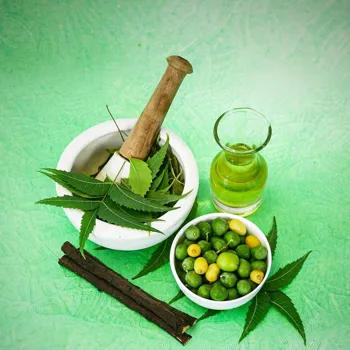
herbs vital in traditional medicine worldwide
Not only India, other countries can use herbs. Chinese medicine focuses on Qi. The traditional medicine heals overall. Herbs are vital to those medicines.
Revival of herbal medicine amid interest in health
Modern drugs have their effects. It is a growing interest in health. So the herbal medicine is making revival. People are going back to their roots.
Modern studies validate herbs, drugs from plants, herbal medicine benefits
Now modern studies are validating herbs. Many drugs derive plants. It can give good insights of herbs. Herbal medicine keeps body strong and balanced.
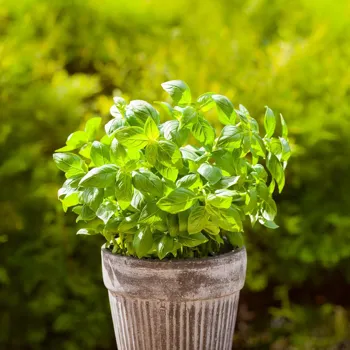
Use herbs cautiously, consult doctor, source products carefully
It takes caution when using herbs. Some may affect other drugs. Always consult a good doctor for safety. Source all herbal products with care and safety.
